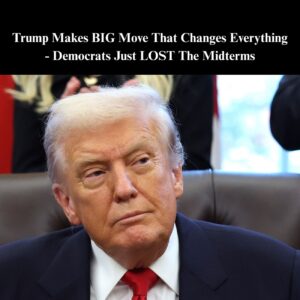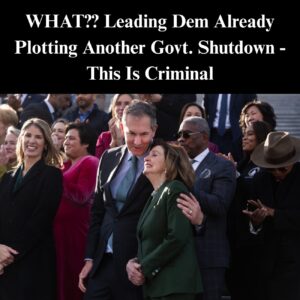The U.S. Supreme Court has agreed to hear a Republican-led challenge to a provision of federal campaign finance law that restricts how much political parties can spend in coordination with candidates.
The case, which raises free speech concerns, involves Vice President JD Vance, who was an Ohio U.S. Senate candidate when the lawsuit was originally filed.
The justices accepted an appeal brought by Vance and two Republican committees, challenging a lower court ruling that upheld the spending caps. The challengers argue the restrictions infringe on constitutional rights by limiting party expenditures that reflect input from the candidates they support.
The legal battle takes place against the backdrop of the Supreme Court’s landmark 2010 Citizens United v. FEC decision, which struck down limits on independent expenditures by corporations and outside groups, ruling that such restrictions violated the First Amendment’s free speech protections.
While Citizens United paved the way for unlimited outside spending, the legality of coordinated expenditures between candidates and political parties remains the central issue in this renewed constitutional debate, the outlet reported.
The Trump administration filed a brief supporting JD Vance and the Republican committees. Vance, now serving as Trump’s vice president, is a key figure in the case. The Justice Department also urged the Supreme Court to hear the matter and requested that an independent party be appointed to defend the lower court’s ruling, as the department no longer supports it.
At the core of the case is a constitutional question: Do federal limits on coordinated campaign spending between political parties and candidates violate the First Amendment’s free speech protections?
The Federal Election Campaign Act of 1971, along with later amendments, regulates fundraising and spending in U.S. elections by setting limits on how much individuals, organizations, and political parties can contribute or spend on behalf of candidates. The law’s intent is to prevent corruption and undue influence in federal campaigns.
Under this framework, political party spending that occurs independently of a candidate’s campaign—known as an “independent expenditure”—is not subject to spending limits, Newsweek noted. In contrast, “coordinated expenditures,” where a party collaborates directly with a candidate, are tightly regulated.
These limits vary based on the population size of the state where the candidate is running: lower in less populous states and higher in more populous ones, the outlet explained.
According to court filings, the 2024 limits ranged from roughly $123,000 to $3.7 million for Senate races, and approximately $62,000 to $123,000 for House contests.
Newsweek added: “In a 2022 lawsuit, the National Republican Senatorial Committee, National Republican Congressional Committee (NRCC), JD Vance, and former Ohio congressman Steve Chabot asked a court to block the Federal Election Commission (FEC) from enforcing these coordinated spending limits.”
The plaintiffs have aruged that the restrictions imposed “severely restrict political party committees from doing what the First Amendment entitles them to do: fully associate with and advocate for their own candidates for federal office.”
In a 2024 ruling, the U.S. Court of Appeals for the 6th Circuit in Cincinnati upheld the constitutionality of coordinated expenditure limits, finding them consistent with First Amendment protections.
The court relied on precedent from a 2001 Supreme Court decision involving a similar Colorado case, which upheld comparable restrictions. The 6th Circuit stressed that it was obligated to follow this Supreme Court precedent.
When the plaintiffs appealed to the Supreme Court, they urged the justices to revisit and overturn the earlier precedent. They contended that “developments in campaign finance” and changes in the Court’s broader First Amendment jurisprudence had weakened the foundation of the 2001 ruling.
At the time the appeal was filed in December 2024, Vance was already serving as vice president-elect.
“The Supreme Court granted the plaintiffs’ request to review the case and also approved a motion from three Democratic groups — the Democratic National Committee (DNC), Democratic Senatorial Campaign Committee (DSCC), and Democratic Congressional Campaign Committee (DCCC) — to intervene in defense of the lower court’s ruling,” the outlet added.





